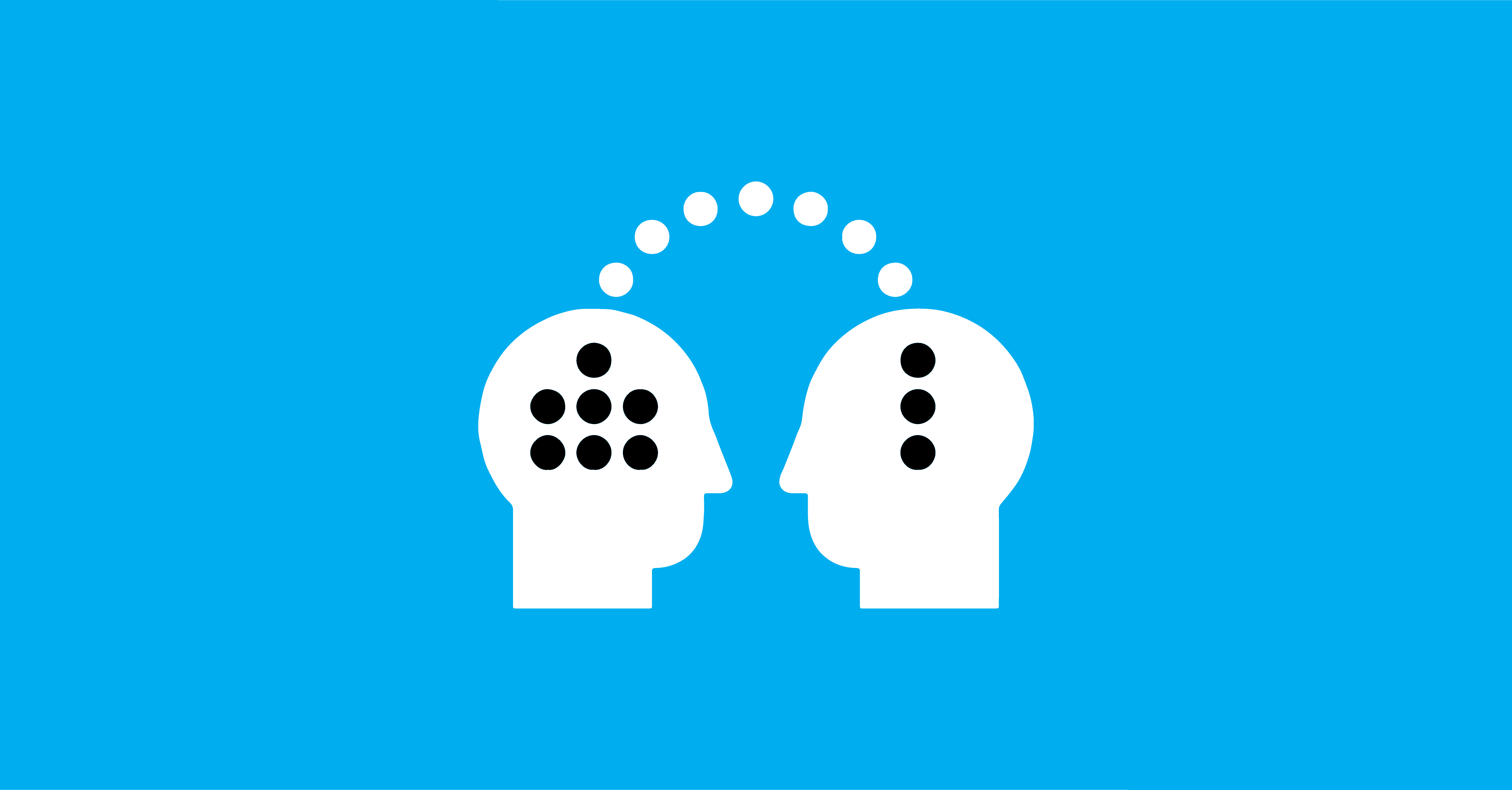The role of tech in leaving a professional legacy
The Boog e-Monster
Mention someone’s ‘digital footprint’ and you’ll probably set their heart racing. Terror jolts through them at the thought of that photo from the 2013 work Christmas party doing the rounds of the office, or from the time they signed up for a free Netflix trial but still had to provide their credit card details, star sign and eye colour (y tho?)… People are apprehensive about what they say and do online, mindful of the record that will be kept of their actions. But what about the traces of ourselves that we want to leave online for others to follow?
Rather than seeing our digital footprint solely as a resource to be exploited by ad agencies or Nigerian Princes looking to share their wealth, why don’t we stop and consider the professional aspects of our online selves? Sure, you’re LinkedIn profile pic is ? and you always re-post those Steve Jobs quotes; but what about your work ideas, your work insights? Where do they get recorded online? Each of us develops an understanding of the niches, requirements and nuances that our roles demand, over the course of a career. So why should those insights walk out the door with you when you move on to your next role? Why should the person who takes over your role be forced to learn everything from scratch when you already learned it the hard way? And by gum, why should that photo of your Elaine Benes dancefloor moves remain online for millennia, but not the notes from your game-changing revision on last year’s big contract?!
I think there’s an app for that…
So what kind of impact can technology have on professional legacies anyway? Sure, there’s a lot of software out there to make your life easier at work, but what will leave a lasting impact for future professionals to benefit from? Perhaps the simplest thing you can do is to communicate with them. Capturing and sharing the knowledge you gain across a project, particular role or whole career ensures that your experience – your legacy – is not lost when you move on to your next role. This is where technology comes into the picture. Short of making a hologram of yourself giving stern-lectures (possibly whilst wearing a tweed jacket and smoking a pipe – you’ve gotta keep these young go-getters in line…), you’ll need some other way of communicating with people who will benefit from your knowledge in future. And whilst the Post-It notes you did your last handover with might have seemed really exhaustive at the time, they are not going to cut it today. Your knowledge, garnered over a challenging career, needs to be captured and shared where it is going to be of greatest use to others. Technology is now allowing you to do that in increasingly simple ways.
Where previously you had to share your knowledge via email or a folder hidden away on your corporate intranet, you can now share valuable corporate knowledge directly at the relevant contract clause. IDF (Intelligent Document Format) allows contractual information to be captured and shared in a way that is intuitive for future users to engage with. Opinions, reports, correspondence and guidance can be attached directly to the relevant paragraph of your documents, removing the risk of files and folders becoming misplaced over time. New staff can access the information without needing an intimate knowledge of a contrived naming-convention, nor through years of trawling the netherworld of your SharePoint metadata. Instead they can access it by simply reading those key documents and contracts which require their everyday attention. Your knowledge, plus the knowledge of other members of your team and organisation, is captured and shared exactly where queries might arise. Your professional legacy can be articulated so that future generations of professionals can benefit from it – without breaking stride.
The human touch
There are hundreds of tools out there to improve individual aspects of your work-processes – but none of them can replace the experience and power of interpretation that you bring to your job. Organisations need to capture that insight and retain that knowledge. In a world of increasing contractual-complexity, the ability to engage with future workers to pass on your hard-won understanding of your role is perhaps your greatest professional legacy. Don’t neglect it…
